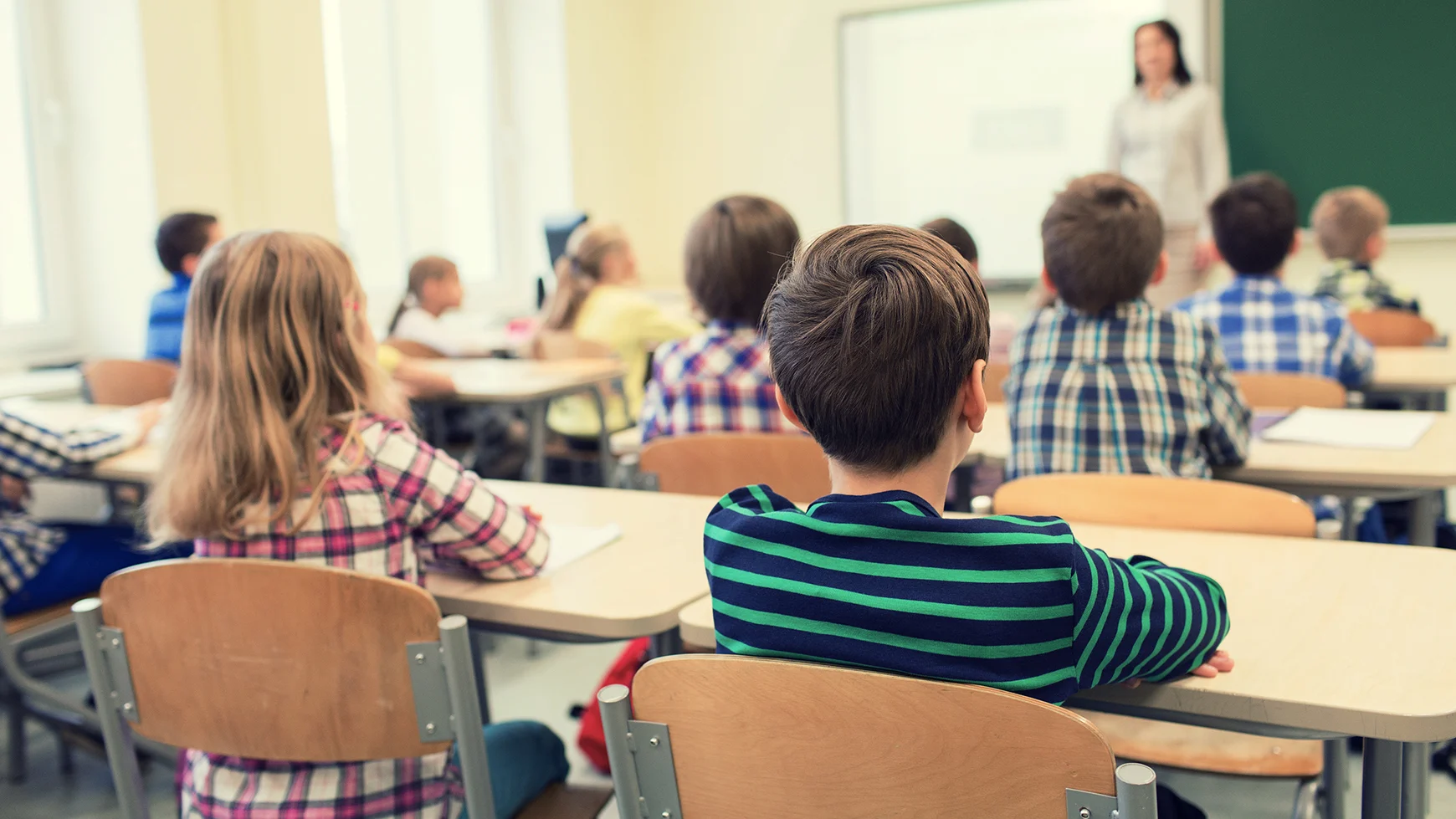Comprehending the Importance of Institutions in Child Advancement and Area Growth
Schools serve as critical establishments for child development and neighborhood development, providing settings where scholastic success are enhanced by the cultivation of social skills and exposure to varied viewpoints. These educational setups not only promote critical thinking and reliable interaction but additionally foster empathy through collaborative jobs. Colleges' involvement with neighborhood communities with service-learning campaigns strengthens the bond in between families and instructional organizations. This symbiotic relationship underscores the value of institutions in supporting energetic citizenship and long-lasting learning behaviors. What are the certain mechanisms by which these establishments attain such profound effects?
Academic Success
Academic achievement functions as a keystone of kid advancement, providing the structure upon which future understanding and success are developed. Schools play a pivotal duty in promoting this scholastic development, using structured settings where children can obtain vital knowledge and cognitive abilities. Standard curricula guarantee that students gain efficiency in core subjects such as maths, scientific research, and language arts, which are critical for both college and specialist opportunities.
Along with giving fundamental scholastic skills, colleges likewise grow essential reasoning, analytic capabilities, and intellectual interest. These cognitive competencies are essential for navigating complicated real-world situations and adapting to the ever-evolving demands of the modern-day work environment. Teachers, as facilitators of learning, employ diverse instructional approaches to provide to different understanding designs, consequently taking full advantage of individual student potential.
In addition, scholastic success is very closely linked to self-esteem and inspiration. Children who experience academic achievements are most likely to establish a positive self-concept and a lifelong enthusiasm for knowing. Colleges likewise supply different sources, such as libraries and technology, which additionally boost the academic experience and prepare students for a technologically sophisticated culture.
Social Skill Advancement
Beyond academic accomplishment, the role of institutions in social ability development is indispensable. Schools function as a key venue for youngsters to learn and practice necessary social abilities such as dispute, teamwork, and communication resolution. In the structured environment of a classroom, students communicate with peers, teachers, and other institution team, providing many opportunities to create these critical capabilities.
Effective social ability advancement in schools is promoted through group tasks, joint projects, and extracurricular programs. These interactions help pupils recognize social norms, construct empathy, and cultivate a feeling of area. For example, group assignments educate pupils exactly how to collaborate towards a common goal, pay attention to different viewpoints, and navigate arguments constructively.

The growing of social abilities throughout academic year lays a foundation for future individual and professional partnerships. Save Temecula Schools. As pupils grow, the capacity to properly connect and collaborate becomes increasingly essential, highlighting the college's essential role in holistic youngster growth
Direct Exposure to Variety
Exposure to variety in colleges is basic to cultivating a comprehensive state of mind and expanding pupils' viewpoints. Schools offer as a microcosm of the broader society, and encountering diverse societies, languages, and socioeconomic backgrounds within this environment outfits pupils with vital abilities for navigating a progressively globalized globe. This direct exposure urges empathy, lowers bias, and promotes mutual respect among peers.
Research shows that students who communicate with peers from diverse histories show far better analytical skills and creativity. This understanding of diversity prepares trainees for future offices that worth multicultural proficiency address - Save Temecula Schools.

Community Engagement
The advantages of varied classrooms prolong beyond the school wall surfaces, promoting a solid feeling of neighborhood engagement amongst pupils. By connecting with peers from different social, socioeconomic, and ethnic histories, students obtain a broader point of view and an admiration for variety. This exposure encourages them to become energetic people Get the facts who agree to contribute favorably to their communities.
Schools that highlight neighborhood involvement typically incorporate service-learning tasks, which allow students to address real-world troubles while applying academic abilities. These projects not just boost students' understanding of their coursework yet additionally infuse a sense of responsibility and empathy. In addition, partnerships in between institutions and regional companies give pupils with possibilities to take part in neighborhood occasions, even more strengthening their duty as aggressive community members.
Additionally, adult and community involvement in schools strengthens the bond between universities and the areas they serve. They produce a collaborative setting that benefits all stakeholders when colleges open their doors to neighborhood events, workshops, and volunteer opportunities. This shared support group guarantees that pupils receive alternative development, preparing them to end up being well-shaped people that add and value to their communities. Through these efforts, schools play a critical function in supporting area interaction and fostering societal development.
Lifelong Learning Behaviors
Developing lifelong knowing practices is important for a kid's continuous development and adaptability in an ever-changing world. Institutions play a critical function in instilling these routines by developing a setting that fosters interest, critical thinking, and a love for expertise. Via extracurricular tasks and diverse educational programs, teachers urge trainees to explore various topics, evaluate information critically, and use their finding out to real-world circumstances.

Additionally, schools offer a structured setting where youngsters can establish self-discipline and time administration abilities, Clicking Here both of which are essential for constant learning. By stressing the significance of establishing objectives, assessing progression, and adjusting methods, universities prepare students to browse the complexities of grown-up life, guaranteeing they continue to be long-lasting learners and factors to culture.
Conclusion
In verdict, institutions are necessary in fostering kid development and community development by supplying settings conducive to scholastic achievement, social skill growth, and exposure to diversity. Through collaborative tasks and interactions, schools enhance crucial thinking, empathy, and interaction skills. Area involvement initiatives better reinforce the bond between universities and neighborhood neighborhoods. Ultimately, schools grow long-lasting learning habits, outfitting people with the necessary knowledge and abilities to contribute positively to culture.
In the organized environment of a class, pupils interact with peers, teachers, and other institution staff, supplying various possibilities to establish these vital capacities.
In essence, direct exposure to diversity within colleges not just enriches specific pupils yet also reinforces the social fabric of the neighborhood as a whole.
The benefits of diverse class prolong beyond the college wall surfaces, promoting a solid feeling of area involvement among trainees.Colleges that stress neighborhood involvement typically include service-learning tasks, which enable pupils to attend to real-world troubles while using academic abilities. Collaborations in between institutions and local companies supply pupils with possibilities to participate in area events, even more solidifying their function as positive community members.